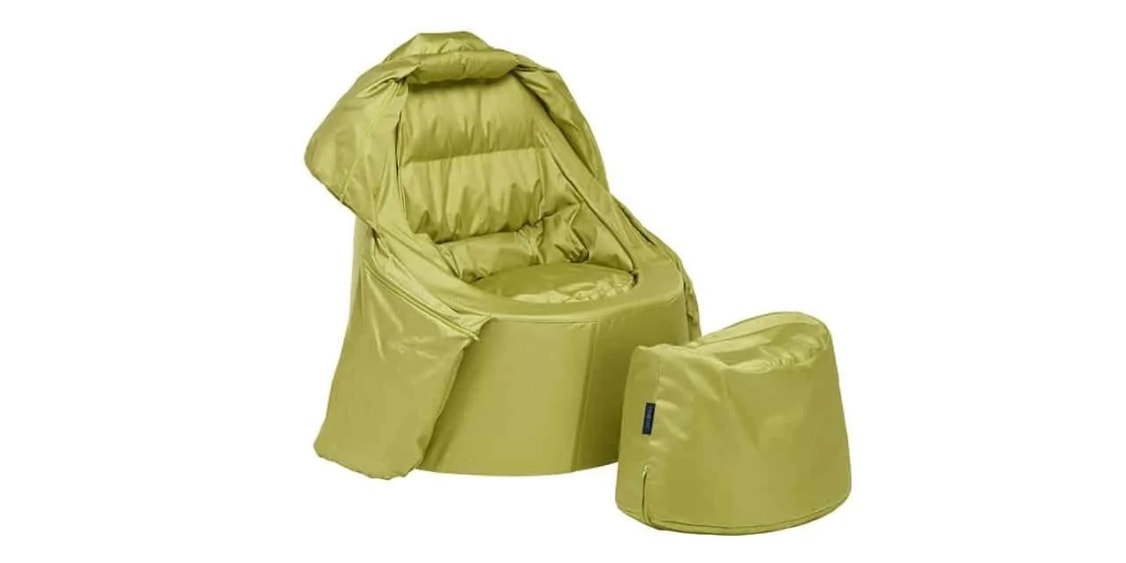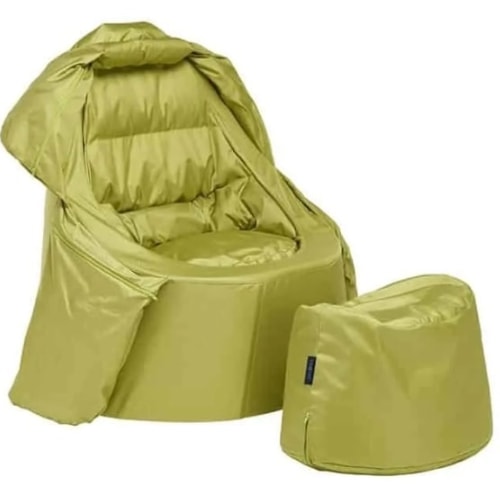5 Benefits Sensory Stimulation Provides Those Living with Dementia

Dementia can be treated using multiple methods. Although there is no cure for dementia, its symptoms can be managed and people living with it can benefit from a variety of treatments. Sensory stimulation is one of the things that can be extremely beneficial for people experiencing dementia. As we get older, our senses can decline, which has an impact on wellbeing and quality of life. By stimulating the senses, we can keep people engaged in the world around them and even improve their mood. Sensory stimulation provides some excellent benefits to those living with dementia, such as the following.
Improved Sensory Communication
Sensory stimulation helps people to connect to all of the primary and secondary senses. The primary senses include touch (tactile) muscle-joint/movement (proprioceptive) and balance (vestibular). The secondary senses include smell, sight, hearing and taste. There are also plenty of other senses that we have that can be stimulated too, such as the ability to feel temperature and pressure. By stimulating the senses, communication between the organs that we use for them and the brain is improved. This helps to make communication easier and boosts cognitive function to help people interact with the world around them.
Better Concentration and Focus
Exercising the brain helps to make it easier to concentrate and focus on various tasks. Using sensory stimulation activities, it's possible to encourage focusing on all kinds of sensory input. For someone with dementia, sensory stimulation can help to ground them. Giving people something to focus on helps them to practice and to use the parts of their brain that are required for concentration. The more these cognitive muscles are stretched, the more it can improve focus. Using a product like the Protac Sensit High Back Healthcare Chair is one way to use sensory stimulation to improve concentration.
Improved Mood and Self-esteem
Dementia can alter mood, affect confidence and self-esteem and impact mental health in a number of ways. People with dementia have a higher incidence of depression and can experience low moods and mood swings. Sensory activities for dementia can help to change this, providing experiences that lift the mood and improve confidence and self-esteem. For example, spending time with animals or even pretend pets can provide comfort and companionship, helping with low mood, feelings of anxiety, and loneliness.
The Opportunity to Reflect on Good Times
Dementia sensory activities give people the chance to think about happy memories. Sensory stimulation might involve looking at photos, listening to music, eating favourite foods, or reading someone's favourite book out loud. Even certain smells can help to bring up fond memories - in fact, the sense of smell is strongly connected to memory.
Increased Participation in Social Activities
Sensory stimulation can also help to encourage participation in social activities. Many sensory activities are things that can be done as a group, perhaps with other residents in a care home or at a day centre. It can also result in more interactions with friends and family, both while participating in sensory activities and at other times.
Sensory stimulation helps people living with dementia to connect with the world around them. It stimulates all of the senses and can improve mood, cognitive function, and more.
Protac® Sensory Stimulation Products
Protac® is one of the leading names in sensory stimulation products. Protac® offers a full range of products, suitable across a range of medical conditions including dementia. Some of these products include the Protac® Sensit healthcare chair, Protac MyFit® Vest and the Protac Ball Blanket™. In the majority of Protac® products, the main fillings are weighted plastic balls which help benefits those suffering from dementia by stimulating the sense of touch and movement
Sense of Touch
In regards to the sense of touch, the weighted plastic balls found within Protac® products help dementia suffers by offering a light pressure which is then distributed across several points. This helps the brain register the body to a greater extent than through uniform pressure. These weighted plastic balls move through slight changes in the user’s position, allowing for the skin to be stimulated in new ways continuously while updating the brain about the body as well as the surrounding environment.
Protac balls provide dementia sufferers with a sense of calm and a feeling of security which helps to reduce restlessness and stress, providing the user with a better day-to-day quality of life. For example, an elderly man who was suffering from dementia had previously become increasingly anxious, leading to more aggressive behaviour. When the individual was given a Protac Ball Blanket™ he immediately enjoyed it. The Protac Ball Blanket™ also helps to provide the user with a good night’s sleep. This is because, during the night, all the stress hormones and all the waste products are washed away so the individual has a good starting point for a new day.
After a few weeks, the staff caring for the elderly man commented that he had become a completely different person and that the aggressive behaviour that happened during tasks such as and transfers and bathing, no longer took place. They also noted that since the introduction of the Protac Ball Blanket™ (which contains the Protac® balls), the individual has become less anxious, even beginning to do day-to-day activities that the individual had not done for a long time.
Sense of Movement
Moving onto the sense of movement, the weighted plastic balls within Protac® products offer resistance to the user’s joints and muscles; this sends a message to the nervous systems which the brain then registers as movement. This enhanced level of awareness within the body and its physical delimitation provides the user with a sense of security and calmness in both the mind and body.
The majority of people who have used Protac® products experience a relieved level of stress and anxiety while also improving focus, concentration, learning and improving sensory stimulation. An example of this is a woman in her mid-70s who suffers from Lewy (body dementia) who was given a Protac KneedMe® Knee Blanket to help reduce mental and motor restlessness.
Before the product was introduced, the woman used to become psychologically upset, resulting in her shouting loudly with a sustained monotonous sound. Once the Protac KneedMe® Knee Blanket was introduced, the positive effects were seen quickly by the carers, with them noting that the product helped to calm the elderly woman while helping to reduce mental and motor restlessness. This provided her with a better quality of life and allowed her to enjoy activities such as music, with the monotonous sound being replaced with occasional humming and self-stimulating noises.
What to Take Away
Sensory stimulation is an effective way to provide care and manage behaviours in individuals suffering from dementia, especially for those who reside in care facilities. By using sensory stimulation products, such as the ones manufactured by Protac, helps to provide those suffering from dementia with a better quality of life by improving their sensory communication.
If you wish to find out more about sensory stimulation or see how Protac's® products could benefit your loved one, get in touch with a member of the Repose team today by using the contact form below. You can also contact a member of our team on +44 (0)1384 567401 or by emailing us at info@reposefurniture.com. We look forward to hearing from you.


